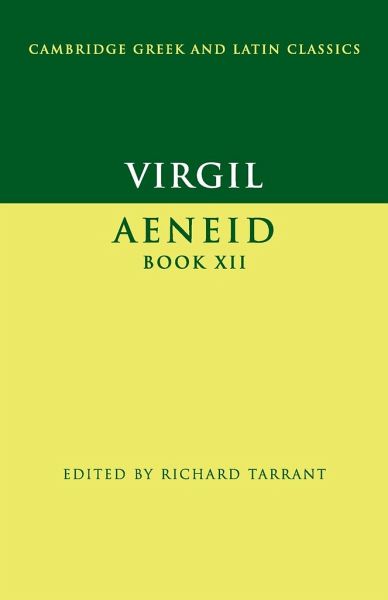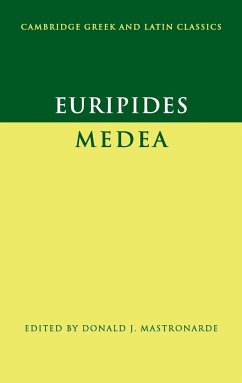
Virgil
Aeneid Book XII
Herausgeber: Tarrant, Richard
Versandkostenfrei!
Versandfertig in 1-2 Wochen
38,99 €
inkl. MwSt.

PAYBACK Punkte
19 °P sammeln!
The first detailed single-volume commentary in any language on the final book of Virgil's epic masterpiece, with an introduction discussing larger issues and situating the poem in its historical context. An invaluable resource for upper-level undergraduate and graduate students and with much of interest to scholars as well.














